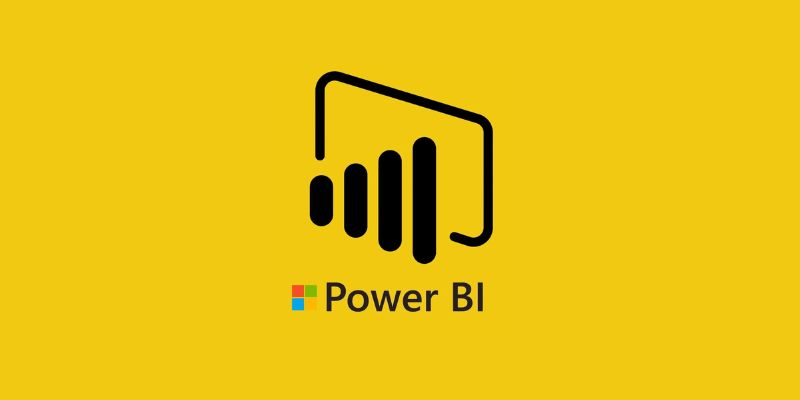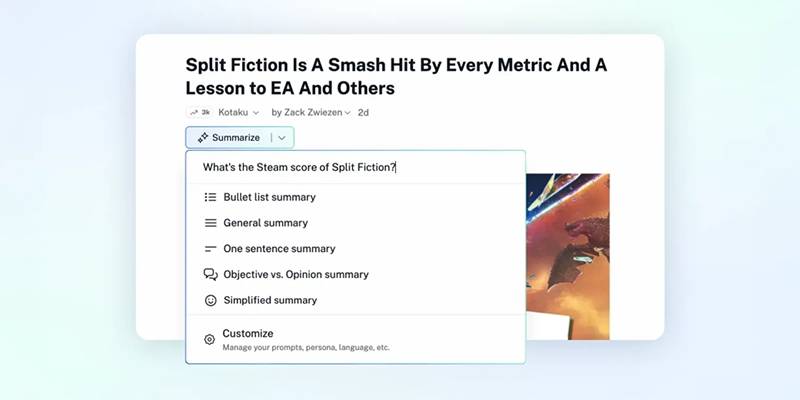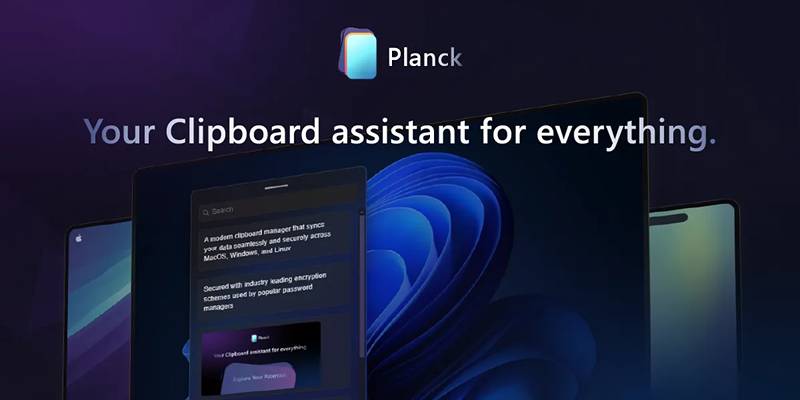GitHub Copilot has rapidly become a central tool in the modern developer’s workflow. As a code completion and assistance engine, its early success was driven by its ability to understand natural language prompts and translate them into functional code. Powered initially by OpenAI’s Codex, Copilot provided valuable support in speeding up development and reducing boilerplate work. With the introduction of OpenAI's latest models—o3 and o4-mini—GitHub Copilot is undergoing a transformative shift in performance, context awareness, and overall developer experience.
Integrating these two advanced AI models signals a pivotal evolution, positioning Copilot as a helpful sidekick and a sophisticated coding partner that understands programming at a deeper, more intuitive level.
What Sets o3 and o4-mini Apart?
The o3 and o4-mini models represent the next generation of OpenAI’s language model family, optimised explicitly for tasks that involve logical reasoning, contextual understanding, and real-time interaction. While OpenAI has not disclosed detailed architectural differences, the observable results speak volumes.
The o4-mini model, available to all GitHub Copilot users, prioritizes speed and efficiency. It is designed to deliver fast, reliable suggestions with minimal latency, making it ideal for quick iterations and responsive development workflows.
In contrast, the o3 model is reserved for users on GitHub Copilot Enterprise and Pro+ plans, offering deeper contextual memory, stronger reasoning, and a more nuanced understanding of code semantics. This model is well-suited for complex projects and multi-file environments where understanding the broader architectural context is essential.
Together, these models create a balanced experience: fast, lightweight responsiveness for most use cases, and deeper insight when enterprise-level intelligence is required.
Enhanced Code Understanding and Suggestion Quality

With o3 and o4-mini now integrated, GitHub Copilot demonstrates significantly improved suggestion quality and coding fluency capabilities. In practical terms, this means developers receive suggestions that are not only syntactically correct but also aligned with the intended logic and structure of the project.
Previous iterations of Copilot occasionally generated functionally valid but contextually misplaced code. The new models address this issue by leveraging o3’s expanded context window, allowing for a deeper understanding of variable dependencies, naming conventions, and project-specific logic.
Moreover, o4-mini ensures that these contextually rich suggestions arrive without noticeable delay, enabling real-time development without interrupting the user’s coding flow.
Multi-Language Proficiency
One of the standout improvements brought about by these models is multi-language proficiency. Modern software development frequently involves switching between multiple languages—backend logic in Python or Java, frontend in JavaScript or TypeScript, configurations in YAML or JSON, and infrastructure as code in languages like Terraform.
The enhanced training of o3 allows GitHub Copilot to understand and seamlessly transition between languages, preserving the logical flow regardless of syntax differences.
Smarter Code Refactoring and Optimization
Beyond code completion, the updated GitHub Copilot supports more intelligent code refactoring suggestions. Using o3’s advanced pattern recognition and structural awareness, Copilot can identify areas of redundancy, suggest better abstractions, and propose cleaner implementation patterns.
It doesn't just enhance the readability of code but also contributes to long-term maintainability—an essential concern for teams working on large or legacy codebases. Developers can now rely on Copilot not only to write code but to improve it.
Lower Error Rates and Higher Predictive Accuracy
Error reduction is another crucial benefit of integrating o3 and o4-mini into GitHub Copilot. Prior versions occasionally hallucinated functions or referenced libraries inaccurately. With the new models in place, the tool now demonstrates marked improvements in predictive accuracy.
The o3 model, with its expanded understanding of libraries, APIs, and best practices, minimizes such occurrences. It also improves Copilot’s ability to make safe assumptions, avoiding deprecated methods and risky practices.
Real-Time Collaboration Benefits
The new Copilot models show significant advantages in team settings, where real-time collaboration and code pairing are essential. The lightweight and fast-processing nature of o4-mini makes Copilot an ideal companion during live coding sessions, while o3 provides the necessary depth to offer relevant suggestions without missing key contextual cues.
This balance makes Copilot particularly useful in pair programming or collaborative review environments, where speed and contextual correctness are non-negotiable.
Security and Ethical Considerations
As AI integrates deeper into development environments, code security and ethical integrity become increasingly important. In collaboration with OpenAI, GitHub has implemented robust filters and guardrails in the latest Copilot iterations. With the newer models, the system is better at avoiding insecure code patterns and accidental exposure of sensitive logic.
Additionally, these models have been fine-tuned to respect developer privacy and intellectual property. Suggestions generated by Copilot are now less likely to include memorized content from training data, thanks to improved training techniques and prompt-based safety layers.
Developer Experience and Feedback Loop

One of the most significant changes the o3 and o4-mini integration brings is improved user feedback incorporation. GitHub Copilot now adjusts suggestions based on user behavior more intelligently. For example, when a developer consistently rewrites specific code completions, the system graduallyts outputs to match the better. This adaptive behavior creates a more personalized development experience, turning Copilot into a tool that learns and evolves alongside the developer.
Strategic Implications for the Software Industry
Integrating o3 and o4-mini into GitHub Copilot is not just a technical upgrade but a strategic move that positions GitHub as a leader in AI-assisted development. This advancement pushes the boundaries of what coding assistants can achieve, suggesting a future where such tools participate actively in the software development lifecycle, from planning to deployment.
As Copilot becomes more capable, developers may spend less time writing basic implementation code and more time focusing on problem-solving, system design, and optimization. This shift can potentially increase productivity across the software industry and reshape the expectations of developer roles.
Conclusion
GitHub Copilot’s integration with OpenAI’s o3 and o4-mini models marks a new era of AI-powered software development. With more innovative, faster, and more contextually aware suggestions, Copilot is evolving from a helpful assistant into a full-fledged collaborator.
As the technology continues to mature, Copilot is set to play an even more integral role in the future of programming, supporting innovation, improving code quality, and making development more accessible to teams of all sizes.







